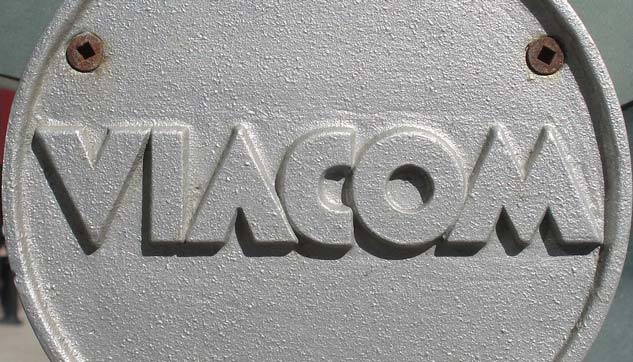
Google's won the first round of the enormous lawsuit Viacom brought against it. Viacom is suing Google for $1 billion for not having copyright lawyers inspect all the videos that get uploaded to YouTube before they're made live (they're also asking that Google eliminate private videos because these movies -- often of personal moments in YouTubers' lives -- can't be inspected by Viacom's copyright enforcers).
The lawsuit has been a circus. Filings in the case reveal that Viacom paid dozens of marketing companies to clandestinely upload its videos to YouTube (sometimes "roughing them up" to make them look like pirate-chic leaks). Viacom uploaded so much of its content to YouTube that it actually lost track of which videos were "really" pirated, and which ones it had put there, and sent legal threats to Google over videos it had placed itself.
Other filings reveal profanity-laced email exchanges between different Viacom execs debating who will get to run YouTube when Viacom destroys it with lawsuits, and execs who express their desire to sue YouTube because they can't afford to buy the company and can't replicate its success on their own.
On Wednesday, U.S. District Judge Louis Stanton ruled that YouTube was protected from liability for copyright infringement by the 1998 Digital Millennium Copyright Act (DMCA). The DMCA has a "safe harbor" provision that exempts service providers from copyright liability if they expeditiously remove material on notice that it is infringing. Viacom's unique interpretation of this statute held that online service providers should review all material before it went live. If they're right, you can kiss every message-board, Twitter-feed, photo-hosting service, and blogging platform goodbye -- even if it was worth someone's time to pay a lawyer $500/hour to look at Twitter and approve tweets before they went live, there just aren't enough lawyers in the universe to scratch the surface of these surfaces. For example, YouTube alone gets over 29 hours' worth of video per minute.
Viacom has vowed to appeal.
In dismissing the lawsuit before a trial, Stanton noted that Viacom had spent several months accumulating about 100,000 videos violating its copyright and then sent a mass takedown notice on Feb. 2, 2007. By the next business day, Stanton said, YouTube had removed virtually all of them.Judge sides with Google in $1B Viacom lawsuit (Thanks, Mike P!)Stanton said there's no dispute that "when YouTube was given the (takedown) notices, it removed the material."
Calling Stanton's reasoning "fundamentally flawed," Viacom said it was looking forward to challenging the decision in appeals court.
(Image: Viacom, a Creative Commons Attribution Non-Commercial Share-Alike (2.0) image from mag3737's photostream -- used with permission)
http://feeds.boingboing.net/~r/boingboing/iBag/~3/Sb7dsZsheOk/viacom-v-internet-ro.html
Sent from James' iPhone
No comments:
Post a Comment